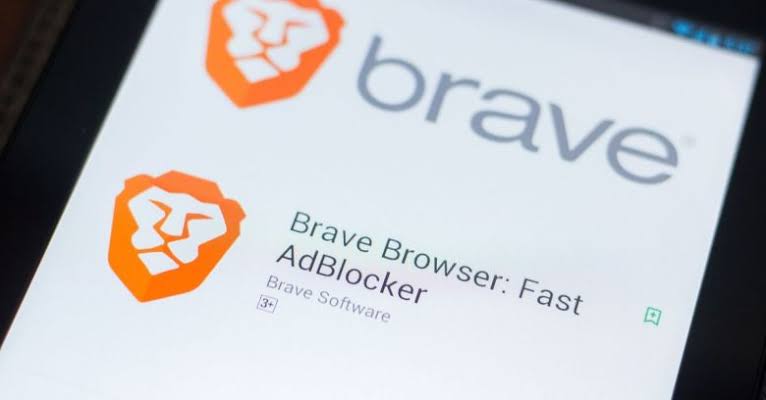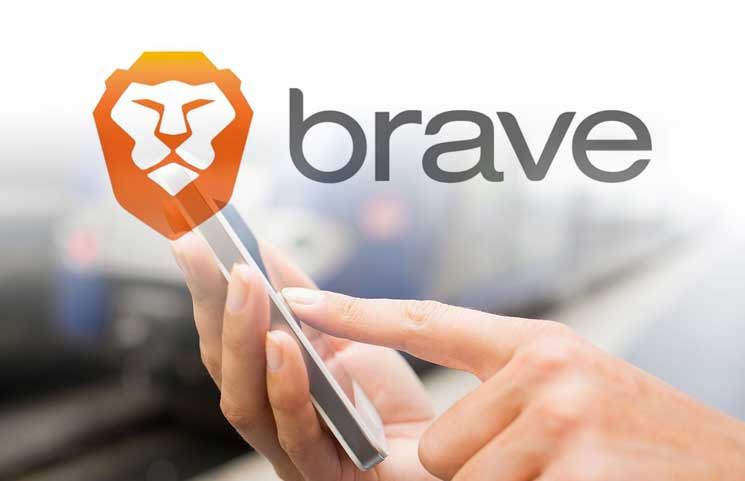In this day and age where nothing is really secure on the internet and companies are trying to collect data from users on the internet for the purpose of advertising and marketing. Brave is a browser with a privacy-first policy. The browser is focused on the privacy of the user than anything else.
The Brave browser just recently came out of its Beta and a stable version has been released but it already has about eight million users worldwide which are still nothing compared to Chrome which has more then a billion users or Firefox that’s around 100 million users each month but still for a new browser barely out of its infancy, it’s a pretty impressive number to have eight million users each month.

Brave Browser, first of all, doesn’t collect any user data unlike Google Chrome or others. Chrome is built by Google who has a big revenue in advertising and Chrome usually tracks your data so that it can serve ads to you which are more related to your interests. Brave, on the other hand, doesn’t collect any cookie data or doesn’t allow trackers access to your location. This is a default setting for this browser. Brave says on its website:
Our servers neither see nor store your browsing data – it stays private, on your devices, until you delete it.
As a result of no advertising and no trackers being loaded, you can open up web pages faster. That’s what Brave claims anyway. According to them, their browser is at least two to eight times faster than Chrome or Firefox on both mobile and Desktop.
Brave Browser is built on Chromium like most browsers these days but that doesn’t mean you’re linked to Google in any way while using the browser. You can customize it however you want to. A plus side to being Chromium-based is that the extensions designed for Chrome will also work on Brave if you want to use any so that’s always good since Chrome has a large number of useless extensions in its store.

Brave Browser itself is not exactly an ad-free browser. Ads work a little differently on Brave. They have their own private ad platform based on a reward scheme. If users opt into this scheme ads will be turned on and they will get Blockchain-based Tokens, called BAT, that they can send to the creator of the website that they enjoy visiting.
This new way still has a long way to go before it catches on and right now it’s too early to assume anything. Brave Browser has a long way to go in order to compete with the likes of Google Chrome and Firefox.
Read more: Facebook to block adult content for minors
Follow INCPAK on Facebook / Twitter / Instagram for updates.

















